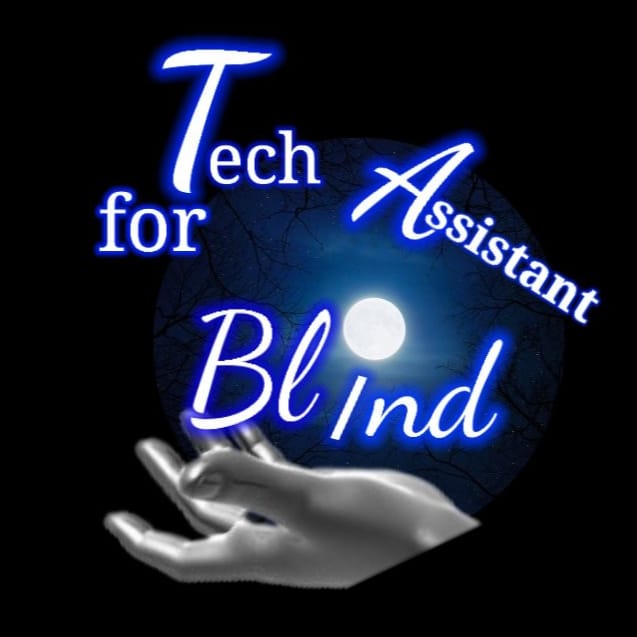Last Updated on
April 4, 2023
Written by
Tech Assistant for blind Team
In recent years, blockchain technology has become one of the most talked-about topics in the world of technology and finance. The impact of blockchain is already being felt across a range of industries, from banking and finance to logistics and supply chain management. But what exactly is blockchain technology, and how does it work? In this article, we will provide a comprehensive introduction to blockchain technology, including its origins, basic principles, and potential applications.
What is Blockchain Technology?
At its core, blockchain technology is a decentralized digital ledger that records transactions in a secure and transparent manner. Rather than being controlled by a central authority, such as a bank or government agency, the blockchain network is maintained and updated by a network of participants who validate and verify transactions. This network is made up of nodes or computers, each of which holds a copy of the ledger. This ensures that no single entity has complete control over the network, making it more resilient and secure than traditional centralized systems.
The Origins of Blockchain Technology
The first blockchain was created in 2008 by an unknown person or group of people using the pseudonym Satoshi Nakamoto. The blockchain was designed to be the backbone of a new digital currency called Bitcoin, which was intended to provide a secure and decentralized alternative to traditional fiat currencies. Bitcoin quickly gained popularity among tech enthusiasts and investors, and its success helped to spur the development of other blockchain-based applications.
Basic Principles of Blockchain Technology
At its most basic level, a blockchain is a digital ledger that records transactions between parties. Each block in the chain contains a number of transactions, and once a block is added to the chain, it cannot be altered or deleted. This is because each block is linked to the previous block in the chain, creating a chain of blocks or “blockchain”. In order to add a block to the chain, participants in the network must validate and verify the transactions contained in the block. This is done using complex algorithms and cryptographic techniques that ensure the integrity and security of the network.
Applications of Blockchain Technology
Blockchain technology has the potential to disrupt a wide range of industries, from finance and banking to supply chain management and healthcare. Here are some of the most promising applications of blockchain technology:
- Cryptocurrencies: As mentioned earlier, Bitcoin was the first application of blockchain technology, and it remains one of the most popular. Other cryptocurrencies, such as Ethereum and Litecoin, have also emerged in recent years, each with their own unique features and use cases.
- Supply Chain Management: Blockchain technology can be used to create a more transparent and efficient supply chain, allowing companies to track products from the point of origin to the point of consumption. This can help to reduce waste, prevent fraud, and ensure that products are produced and transported in an ethical and sustainable manner.
- Healthcare: Blockchain technology can be used to create a more secure and interoperable healthcare system, allowing patients to have more control over their health data and ensuring that medical records are accurate and up-to-date.
- Banking and Finance: Blockchain technology can be used to create a more secure and efficient financial system, reducing the need for intermediaries such as banks and brokers. This can help to lower transaction costs and increase access to financial services for people who are currently underserved by traditional banking systems.
at the end:
Blockchain technology is still in its early stages, but it has the potential to revolutionize a wide range of industries in the coming years. Its decentralized and transparent nature makes it more secure and resilient than traditional centralized systems, and its applications are limited only by our imagination. Whether you are a tech enthusiast, investor, or just curious about the future of technology, blockchain is definitely a topic worth exploring.


